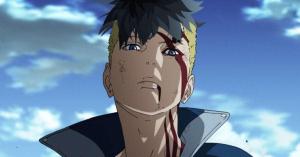Let’s be honest: Boruto kind of gets a bad rap. At best, it’s seen as the inferior progeny of Naruto, always on the path to getting better. But Naruto fans who give Boruto a chance will find a lot to love. In fact, there are even a number of things where Boruto does better than its predecessor. Naruto and Boruto are different series that do different things for different people, and each one has its strong points.
Videos by ComicBook.com
Warning: Spoilers ahead for Boruto: Two Blue Vortex!
To be clear, we’re not saying that Boruto is better than Naruto. Naruto is a legendary series that practically redefined modern battle shonen storylines and characterization; Boruto, at the end of the day, simply doesn’t have the same level of status and influence as its predecessor, and it likely never will. But we think Boruto deserves more flowers than it gets, and it’s perfectly fair and reasonable to acknowledge where Boruto outdoes Naruto.
1) Boruto and Kawaki Work Better Than Naruto and Sasuke
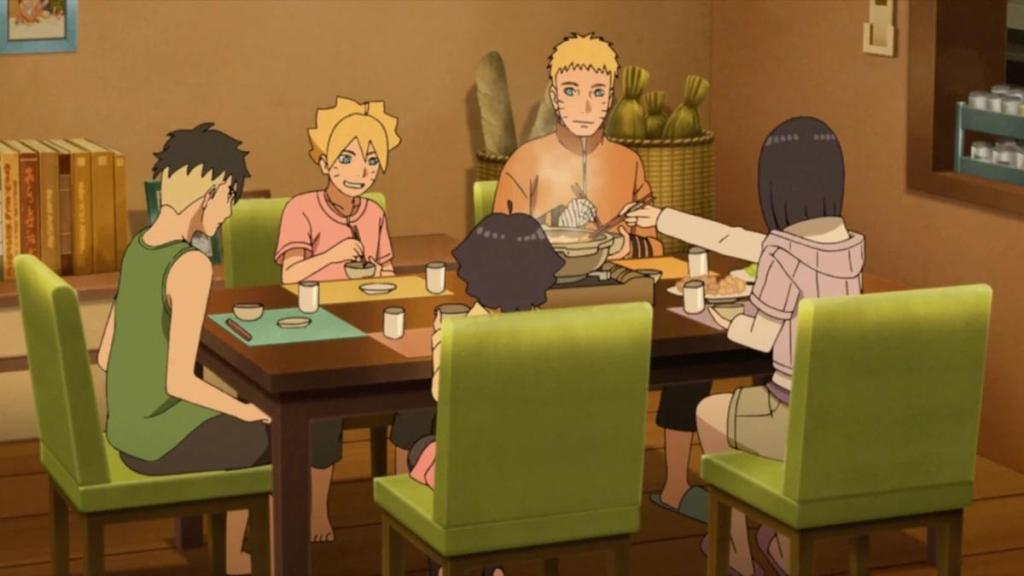
This one feels practically sacrilegious to write, but there’s truth to it. Naruto and Sasuke are one of the most beloved, recognizable shonen duos of all time. They’re also notorious for having a dynamic that doesn’t make a lot of sense. Their strange brand of friendship and mutual respect is developed over the course of Naruto‘s first part, then the second part revolves entirely around Naruto’s quest to bring Sasuke back. The plot, by design, is effectively all about Naruto and Sasuke; the result is that their actual dynamic is suffocated and, at times, even contrived.
Boruto and Kawaki, by contrast, don’t have a traditional shonen rivalry at all. There are hints and teases of a more traditional rivalry, sharing a unique connection through Karma is an obvious one, and certain interactions reek of convention (in a good way), like Boruto teasing Kawaki for not training at the start of Two Blue Vortex. But overall, their dynamic feels far less forced and far more human, with a lot more room to breathe than their predecessor’s core rivalry. Boruto and Kawaki aren’t really at the forefront of Boruto; they’re the vessels through which its mysteries unfold.
2) Boruto Dials The Political Dynamics Up To 10
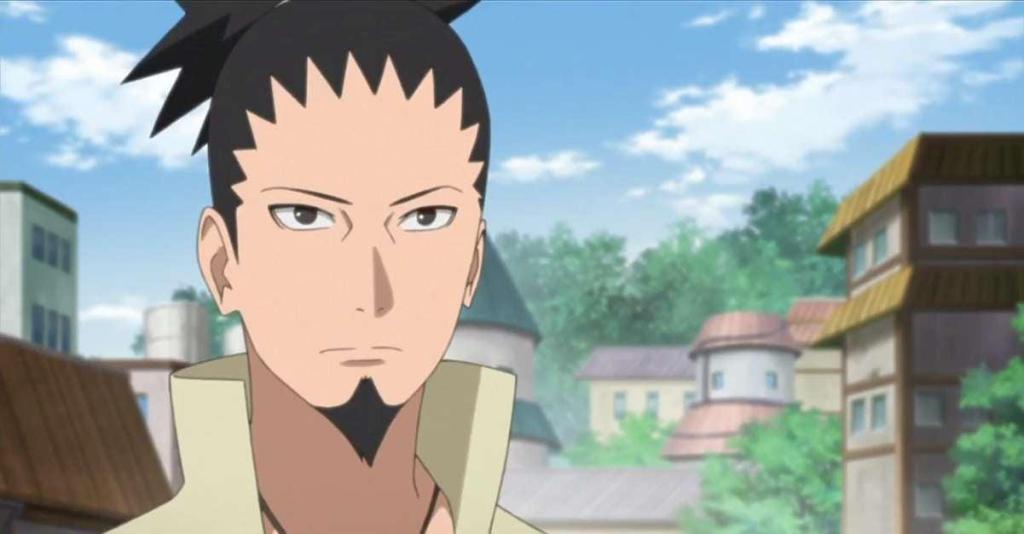
Politics always played a part in Naruto, and without a doubt, it provides the foundation and setting for some of Naruto‘s tenser moments. That goes without saying: especially later into Naruto, the political dynamics between nations start to play a very significant role, with concepts like proxy wars, covert operations, and discrimination being just a handful of inciting incidents and devices for moving the plot forward. What we mean to say is that Naruto is no slouch when it comes to politics.
However, Boruto makes politics a daily reality. All of Boruto cleverly presents peace and prosperity as a threat to the shinobi order, with the political apparatuses of the Naruto universe’s respective countries being a regularly intervening force in the shinobi villages. Factors that were always present in Naruto‘s world, like budget concerns, surveillance, bureaucratic disputes, and administrative monotony, are pushed to the forefront more than ever before in Boruto. The effect is a world where politics feels like more than a plot device.
3) Boruto Has a Better Sense of Introspection
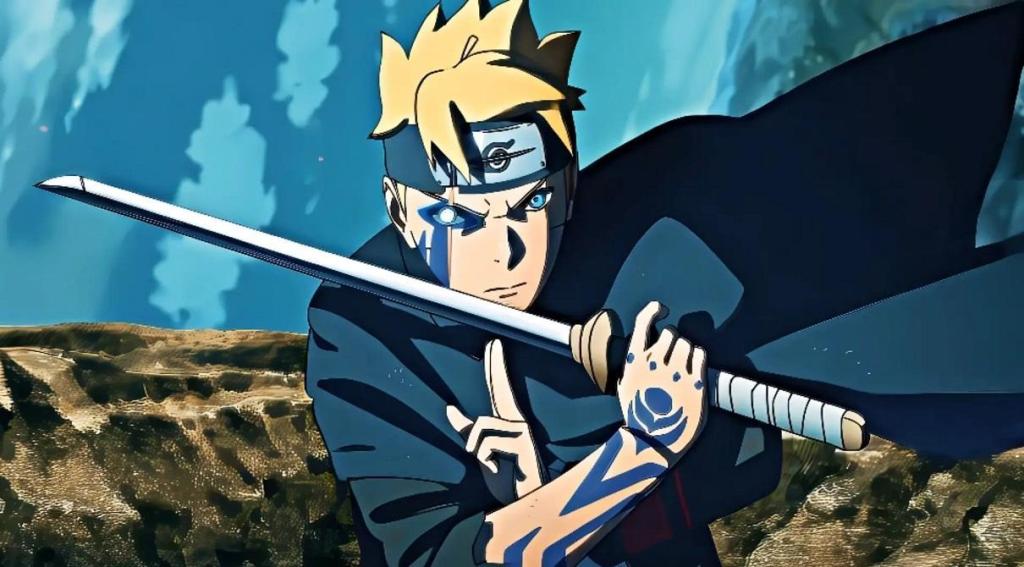
Naruto established a central theme very early on, and it would pervade throughout the entire series. That theme, it goes without saying, is love, compassion, and understanding being the keys to peace. As a result, a lot of Naruto’s villains also took a similar form: some motivation had made them stray from the path of peace, and the most effective way to neutralize them was to convert them back to Naruto’s grounding ideals, in effect, meaning getting them to support Naruto‘s status quo again.
This isn’t inherently a fault: Naruto is beloved for a reason, and many of its villains are just as beloved for the complexity they introduce. But while Naruto at times could verge on preachy idealism, Boruto is a lot more willing to take essential fault with Naruto‘s founding ideals. Its villains range from Naruto-esque tragic backstories (like Kawaki, if you count him as a villain) to being bred for villainy (like Code) to figuring out what it means to be human at all (like the Divine Trees). In other words, “Talk no Jutsu” no longer cuts it. Meanwhile, the righteousness of shinobi society itself is more often put into question through devices like the aforementioned surveillance. Boruto is more willing to question Naruto‘s foundations than Naruto itself ever was.
4) Boruto‘s Battles Are Much Stabler
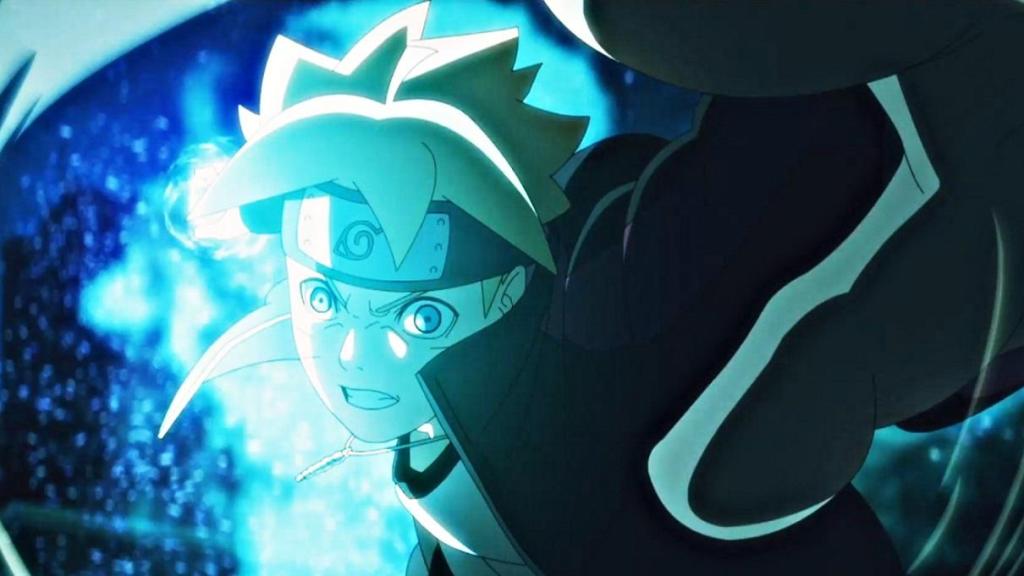
Boruto infamously never tried to recover the power ceiling established at the end of Naruto Shippuden. However, it doesn’t get enough credit for what it decided to do instead: make the old power ceiling a new power floor. Narrative instruments like the scientific ninja tools or the previously-endgame chakra absorption make frequent appearances in order to make battles feel far more even. The range of techniques possible have also shrunk, especially when it comes to end-game enemies.
While this dulls Boruto’s strategic diversity, it has the reverse effect of also leveling the playing field between its battlers, and reducing the whiplash between its battles. Strategy is just as important as ever, but it now plays a totally different role in combat. Things are no longer about just overpowering enemies, which is how Naruto started to feel (especially toward its end); Boruto controls its power-scaling by hoisting the fate of its battles on strategic effort. The best of Naruto‘s fights and outplays live on in Boruto, while the worst of Naruto‘s fights are nowhere to be seen.
5) Boruto Makes Naruto‘s Worst Twist Make Sense
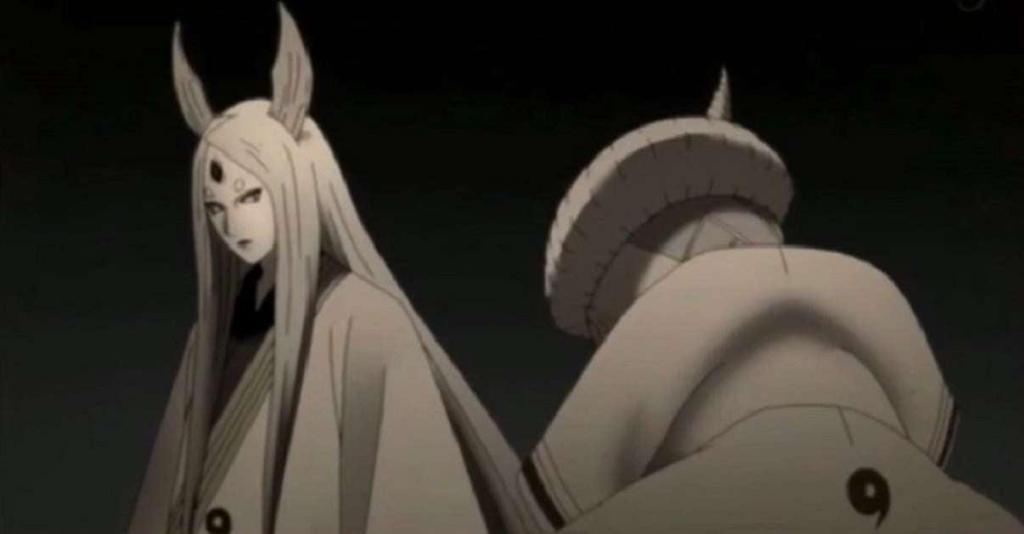
The Otsutsuki twist is one of the most polarizing endings in anime history. Kaguya appears effectively out of nowhere, effectively unbeatable and bringing with her a slew of lore dumps that, at best, undermine Naruto‘s story up to that point, not to mention the toll things like the Black Zetsu and Reincarnation twists take on the core themes of Naruto. Kaguya’s actual origin was fairly ill-defined, and she just wasn’t that interesting as an end-game character.
Boruto, on the other hand, decided to refine the Otsutsuki ending (despite first attempting human villains), and it worked out marvelously. Not only do the Otsutsuki have a lot more depth and variety than Naruto ever hinted at, but they open up a science-fiction orientation that’s just easy enough to buy into that fans can suspend disbelief again. With Two Blue Vortex, Boruto has also managed to transition past the Otsutsuki ceiling naturally and open up a new line of inquiry that lets Boruto return, at least partially, to Naruto‘s original realm of fearsome bijuu, ninja tactics, and emotionally gripping stories.
6) Boruto Gets More Out Of Its Peaks
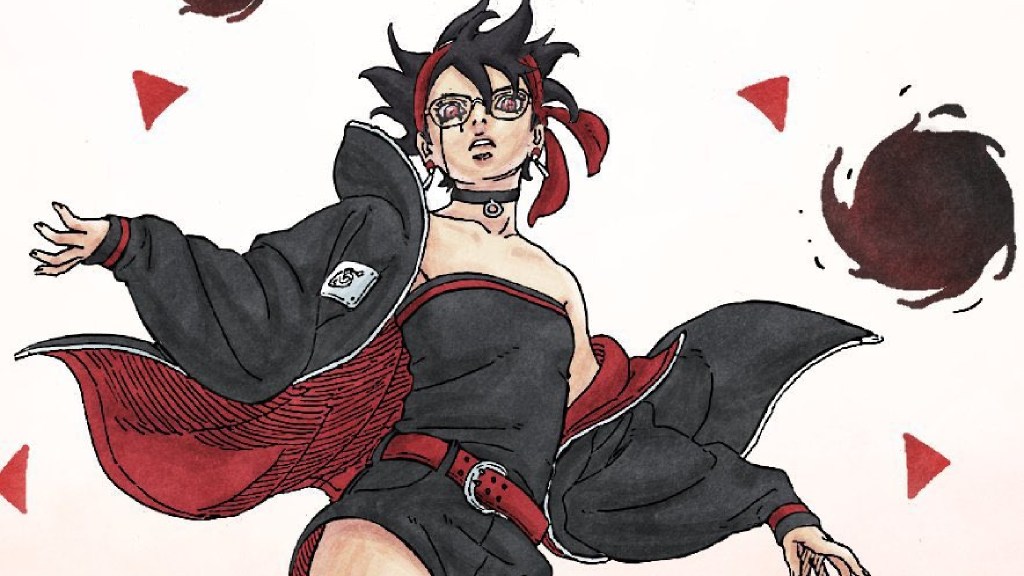
Because the playing field has been leveled in battle, Boruto doesn’t have as many peak moments of absolute hype as Naruto did. That’s not to say it doesn’t have any, though. The peak moments are there, and they’re all the more effective because of the contrast they provide to otherwise monotonous battles. In Naruto, most battles felt like a tug-of-war with constant outplays and power-ups that come out of left field. As we said, though, Boruto’s battles are much stabler; as a result, when those moments happen, they feel as hype as Naruto’s most hype moments every time.
The most recent examples in Two Blue Vortex, Himawari’s last-second awakening of Kuruma and Sarada’s split-second activation of Mangekyo Sharingan, actually got visceral reactions out of us while reading. Boruto‘s peaks are mostly focused around long-con payoffs, and every time they hit, they hit hard.
7) Boruto Lets Supporting Characters Shine More
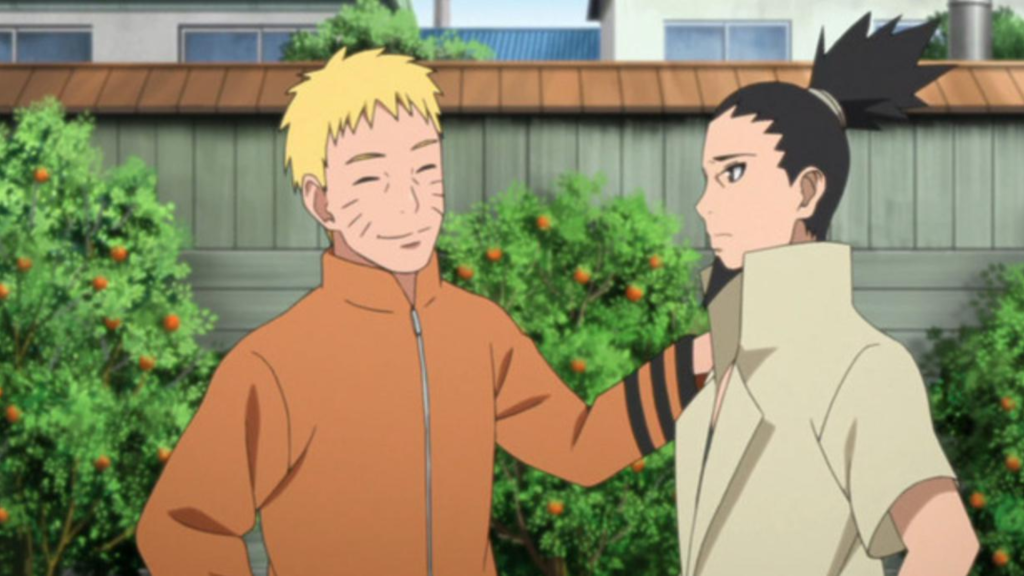
We started with sacrilege, saying that Kawaki and Boruto make more sense than Naruto and Sasuke. We’ll end with sacrilege too: Boruto actually treats its supporting characters pretty well, especially in comparison to Naruto Shippuden. It goes without saying that Boruto doesn’t do right by every legacy character, especially in the manga canon. But the supporting characters who are allowed to shine are really allowed to shine, whether they’re legacy characters or part of the next generation of shinobi.
Shikamaru is a fantastic example of a legacy character done well: he’s such an intriguing character to watch, especially in his role as Hokage, and Boruto gives him more than enough time to feel fully developed. In terms of newer supporting characters, Sumire is an example of an unlikely highlight: she started out with a more forgettable role that eventually blossomed into a shining supporting character with meaty interactions. One of Naruto‘s biggest problems, especially in Shippuden, was laser-sharp focus on a small subset of characters, leading others to feel one-dimensional and underdeveloped. Boruto does an amazing job of sidestepping that.
We’ll repeat that Boruto isn’t necessarily better than Naruto in total, and that we aren’t trying to say that! We think it’s important to recognize when a series like Boruto does things well, especially when a series like Naruto leaves it with such massive shoes to fill.
How about you? Do you think there’s somewhere that Boruto outperforms its predecessor? Let us know in a comment! Finally, get hype with us for Boruto‘s upcoming second season by clicking through to the link below!

